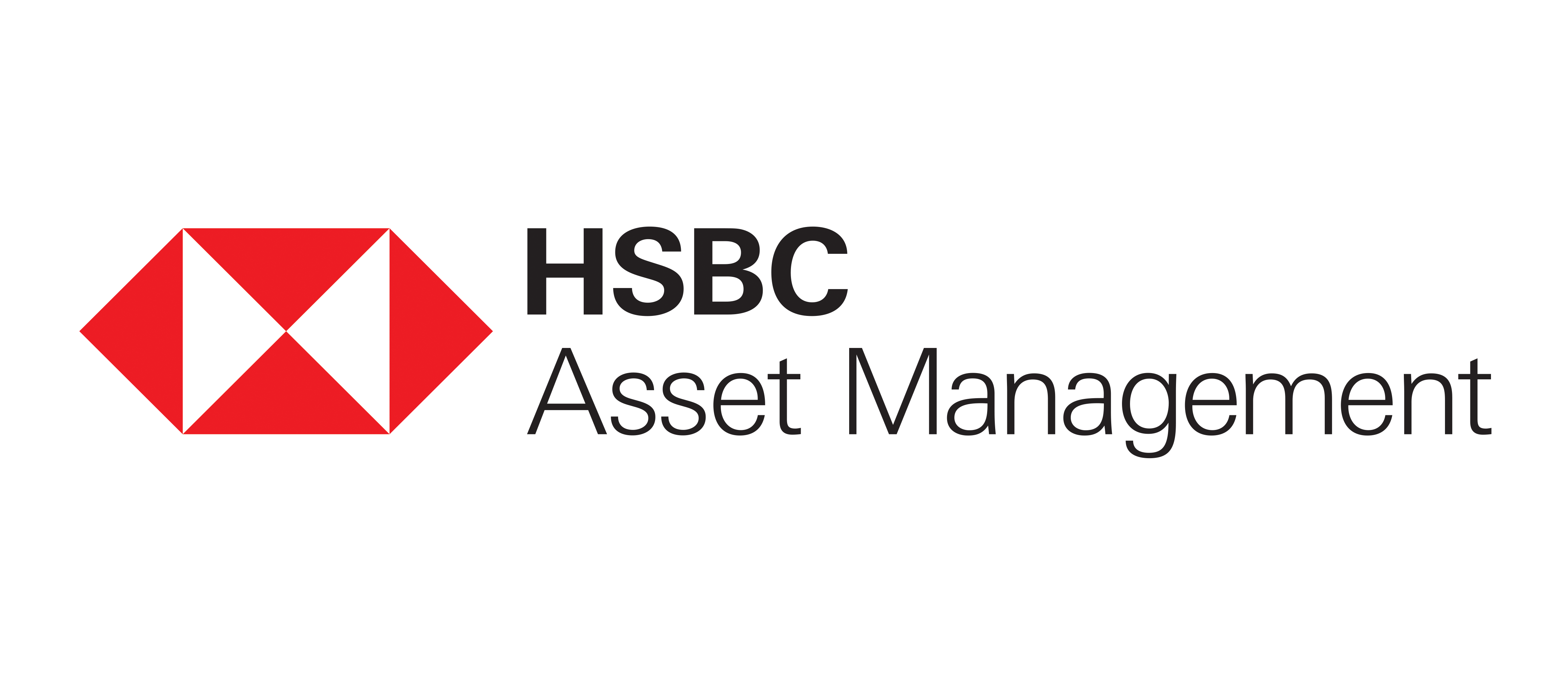Inflation and Equities

India’s retail inflation spiked up to 6.26% in the month of June 2021 from 4.23% in April and 6.30% in May 2021, as per data released by the Government recently (Source: Ministry of Statistics and Programme Implementation, Government of India, 13.07.2021). The spike in inflation is attributed to higher international crude price and food prices, particularly edible oil prices. Despite rising inflation, the Nifty rose 6.5% in May 2021 and further 0.9% in the month of June closing the month near all- time high of 15,722 (as on 30th June 2021). In this blog post, we will discuss how you should invest, so that inflation does not erode your wealth.
What is inflation?
Inflation is the rise in prices of goods and services. Inflation is inevitable. As the economy grows, incomes will rise and along with rising income, prices will also rise. Even if we do not like inflation, we must be prepared for inflation and plan accordingly.
Is inflation good or bad?
In general, inflation is not necessarily bad unless it contributes to an unreasonable spike in prices which we call as asset bubble. A small amount of inflation is ideal for growing economies as a situation where prices are static or falling will rather act as a disincentive for production and growth. Developed economies in general today are striving for an inflationary environment where central banks are pumping in liquidity to fuel inflation. Developing economies (including India) on the contrary, tend to typically grapple with the challenge of managing inflation at an optimal level.
Impact of inflation
- On Consumers: Consumers have to spend more to buy the same amount of goods and services
- On Savers: Inflation reduces the purchasing power of money. Unless the return on your savings is higher than inflation, the real value of your savings will be lower. When you are comparing the returns on your savings versus inflation, you should look at post tax returns.
- On Investors: Investors should look at real returns on their investments. Real return is actual return on your investment minus inflation. As mentioned before, you should look at post tax returns, when calculating inflation adjusted returns.
Types of inflation
- Wholesale Price Index (WPI) Inflation: WPI Inflation is the rise in prices of goods sold in the wholesale market. Wholesale markets are marketplaces where goods are sold in bulk quantities, usually to retailers (wholesalers are sellers and retailers are buyers in the wholesale market).
- Consumer Price Index (CPI) Inflation: CPI Inflation, also known as retail inflation, is the rise in price of goods and services bought by the consumers from retailers. CPI reflects the price, you as a customer pay, for buying goods and services. CPI Inflation is the headline inflation of the economy because it is more relevant for most people because we are all consumers.
Inflation in investment planning
Inflation is a critical factor in investment planning. As mentioned earlier, one should understand the real return (Return – Inflation) of an investment to ensure that your invested money earns a return which is sufficient to take care of the rising prices. Therefore if your investment returns are higher than inflation over a sufficiently long investment horizon you create wealth to fulfil different financial goals. If your investment returns cannot keep pace with inflation on a post tax basis, you may not be able to meet your long term financial goals.
Performance of different asset classes versus inflation
The chart below shows the CAGR returns of different asset classes e.g. fixed income, gold and equity over the last 10 years ending 31st March 2021 versus inflation over the same period. You can see that equity outperformed both fixed income and gold on an inflation adjusted basis over long investment tenure. However, you must remember that different asset classes have different risk characteristics. You must be mindful of the risk of each asset classes and think about risk adjusted returns. You should consult with your financial advisor if you need help in understanding risks of different asset classes.

Source:National Stock Exchange, Period: 01.04.2011 to 31.03.2021,Gold prices from gold.org. Inflation is per Cost Inflation Index (CII) data (source: Government of India Official Gazette, FY 2010-11 to FY 2020-21). All returns are CAGR. “}” indicates inflation adjusted returns i.e. CAGR return – inflation. Disclaimer: Past performance may or may not be sustained in the future.
How to invest for the long term in inflationary environment?
Systematic Investment Plans (SIP) in equity mutual fund schemes are well suited for long term investments because you can invest from your regular savings and invest over a long investment horizon. Over long investment horizons SIPs can reap the power of compounding in creating wealth for you. SIPs are especially suited for investment in inflationary environment because they can take advantage of market volatility. If the equity market is volatile in the short term for some reason e.g. US Fed increasing interest rates, crude prices going up etc, you can take advantage of market volatility through Rupee Cost Averaging because you invest at different price points in SIPs.
Conclusion
We may not like inflation but it is unavoidable and we must plan for it. We must understand the difference between saving and investing. Savings by itself will not be enough because the value of your savings will erode over time due to inflation. In order to create wealth, you must invest your savings in assets which can grow in value at a rate faster than the inflation rate. Historical data shows that equity as an asset class can beat inflation over long investment horizons. Systematic Investment Plan is a disciplined way of investing for your long term financial goals and you can also take advantage of market volatility. As always, consult with your financial advisors, if you need help in deciding how to invest.
Issued as an investor education initiative by HSBC Mutual Fund.
Mutual Fund Investments are subject to market risk, read all scheme related documents carefully.
We are a global asset manager with a strong heritage of successfully connecting our clients to global investment opportunities.
Our proven expertise in connecting the developed and developing world allows us to unlock sustainable investment opportunities for investors in all regions. Through a long-term commitment to our clients and a structured and disciplined investment approach, we deliver solutions to support their financial ambitions.
Other Links
POST A QUERY





